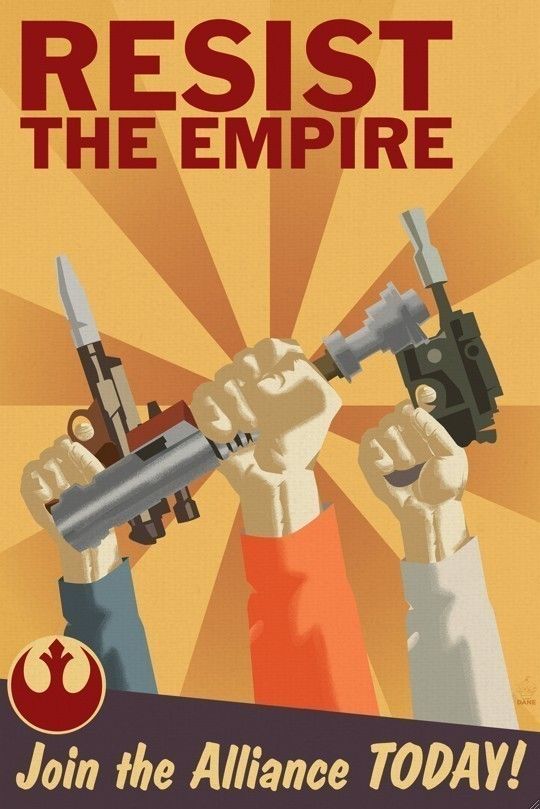The ‘Anne Hathaway monster movie’ is as ridiculous as it sounds, but Colossal uses its weirdness to devastating effect.
*Spoilers for all of Colossal ahead*

Making inconsistency into a virtue
Conventionally, a review needs to tell you what it is that’s actually being reviewed. This is an unusually taxing task for Colossal. Short hand doesn’t’ really work for it. It involves giant kaiju flattening parts of Seoul but it’s not a monster movie. It is mostly styled like a comedy but its purpose is not really to be funny. It’s about an abusive relationship but it’s not like most films that deal with that theme. It is almost ludicrously inconsistent when it comes to genre.
That is a strength rather than a weakness.
At the start, we appear to be watching one kind of film. Anne Hathaway is a lovable screw-up. She’s clearly has a problem with alcohol. Perhaps as a result, she’s been fired from her writing job in New York and dumped by her boyfriend. Lacking money and a place to stay she moves back to the small town where she grew up. These reversals are presented as misfortunes rather than tragedies. Her struggles with an airbed in the empty house she has inherited from her parents are played for physical comedy. When she meets an old friend from school (Jason Sudeikis) and his drinking buddies, it’s clearly not healthy for her to be hanging out with them. Nonetheless, they seem amiable enough. The set up for a mild comedy appears to have been established, albeit one with the misfitting element of Hathaway’s character inadvertently summoning and controlling a giant monster that appears over Seoul.
Then around the midway point things turn scary. It transpires that Sudeikis’ character can also summon a monster. Initially it appears that, like our heroine, he finds this experience to be both exciting and concerning. But soon, he recognises it as a source of power with which he can bolster his fragile ego. We see that he’s wanted to possess Hathaway’s character since they were teenagers. Under normal circumstances, if he pushed this agenda she would simply shun him, but now he can make carnage in a city of millions the price of her ‘disobedience’.
At this point the audience starts looking back and wondering why they didn’t spot this much earlier. Sure, he seemed nice but there were plenty of signs that he was bitter and jealous. His story about why his wife left him was not only vague but also conveyed an undefined resentment. Plus, all his actions towards our lead, served to inveigle himself into her life and build her dependency on him. She even joked about him acting like her stalker!
However, we did not see what was in plain sight because the film’s tone obscured it. Had we been primed for it, we would have quickly understood the danger he posed. If he’d been played by Christian Bale, Ethan Hawke or someone else we associate with dark roles that would have been one thing, but instead the filmmakers cast Floyd from 30 Rock.
Paradoxically, Colossal’s bizarre collage of styles and themes creates a form of realism. Our actual lives do not have a defined genre. There is not a team of professionals using everything from the light level to the music to tell us how to interpret events. We don’t know what kind of story we’re participating in until we can look back on it. That is especially true for those who are ensnared by abusive relationships. What ends as a tragedy or even a horror story, begins as a romance.
By disdaining the boundaries and conventions of any one genre, Colossal effectively and unsettlingly recreates that ambiguity.
Monstrous whiteness
In a review of the film for Elle, Estelle Tang accuses it of “an insensitive racial dynamic”
“Gloria and Oscar’s psychodrama plays out in a small American town that could be pretty much anywhere. But the people their monster-counterparts end up hurting are in Seoul. There doesn’t seem to be any specific reason why that city’s the target…there’s a kind of heedless racism to the terror Gloria and Oscar inflict. When Gloria tries to prove to her friends that she’s the one controlling neo-Godzilla, she drunkenly falls over and accidentally kills, it’s implied, many people. It’s hard to imagine a white character being so careless if, say, Austin, Texas, was where her monster-self appeared. I mean, someone’s aunt probably lives in Austin!
At least Gloria’s upset by her thoughtless actions …Oscar doesn’t seem to care at all who gets hurt as long as he’s in control. Their friends do nothing to stop the bloodshed. Watching interpersonal strife play out between white people, with generic crowds of Asian people at risk, is disturbing, to say the least. In the film’s ending, when the monsters finally leave, the people of Seoul applaud, not knowing that a drunk white woman and an abusive white man were to blame for what they’ve suffered.”
I suspect that at the point the film was made this critique was wholly justified. However, I feel that events have conspired to make this oversight seem profound. It was made before Trump was elected and tensions on the Korean peninsula ramped up again. If Godzilla was a metaphor for Hiroshima and Nagasaki, the monsters in Colossal have become inadvertent symbols for the nuclear threat Seoul and the rest of the Korean peninsula face. And that danger has been substantially increased by an ill-informed and impulsive president, elected in large part by resentful white men in small town America, who are at best indifferent to people in places like Seoul. Whether this dynamic came about because the film makers were good or (as I suspect) lucky, it only adds weight to an already powerful film.


